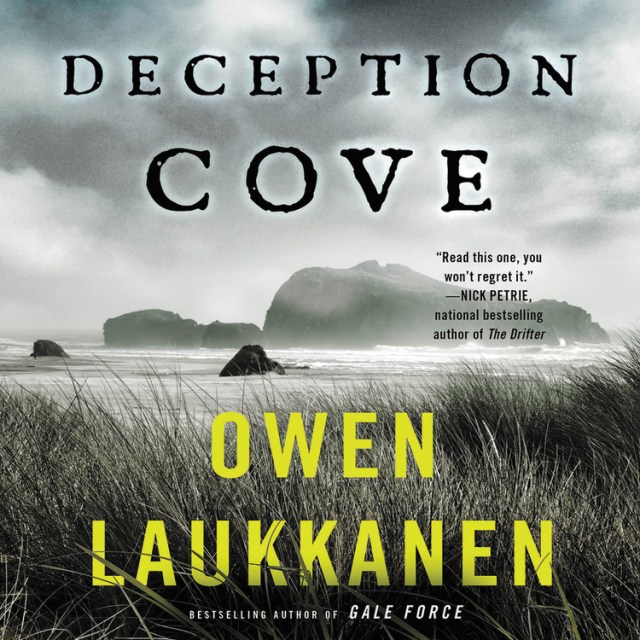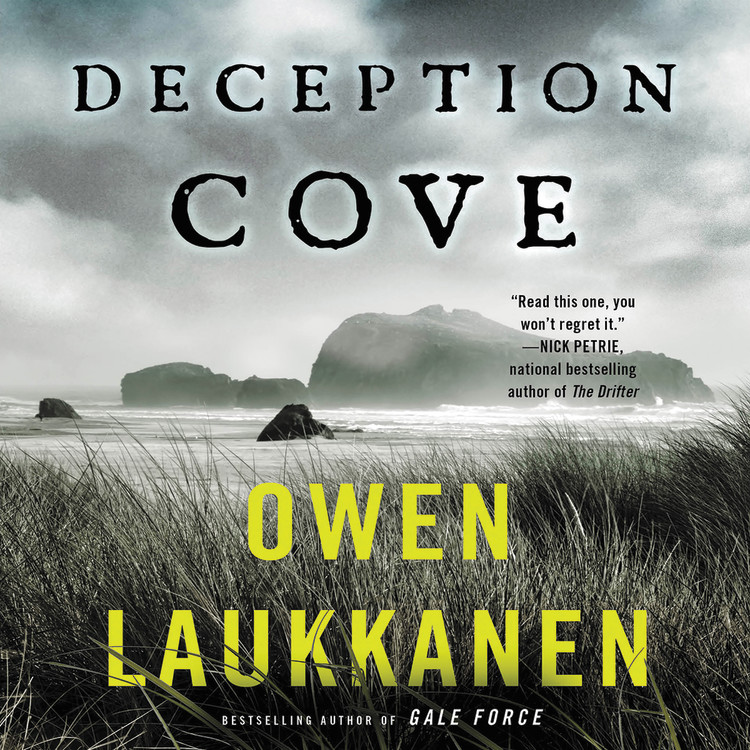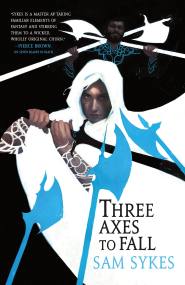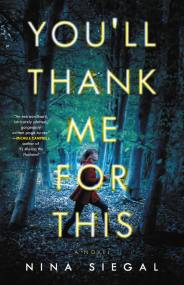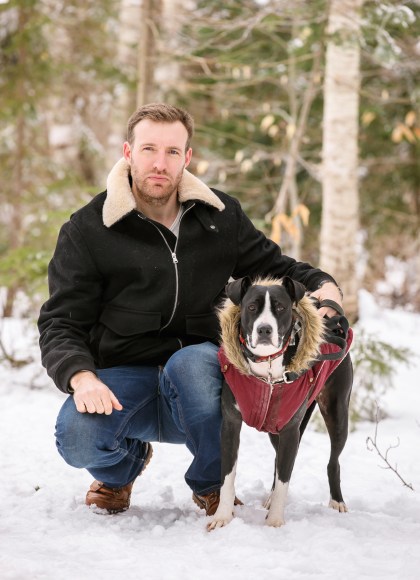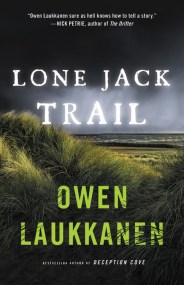Promotion
Use code MOM24 for 20% off site wide + free shipping over $45
Deception Cove
Contributors
Read by Kevin Stillwell
Read by Courtney Patterson
Formats and Prices
Format
Format:
- Audiobook Download (Unabridged)
- ebook $14.99 $19.99 CAD
- Trade Paperback $16.99 $22.99 CAD
This item is a preorder. Your payment method will be charged immediately, and the product is expected to ship on or around May 21, 2019. This date is subject to change due to shipping delays beyond our control.
Also available from:
A rescue dog, an ex-Marine, and an ex-convict are caught in the crosshairs of a ruthless gang in remote Washington state in this “first-rate thriller” (Associated Press) for “fans of CJ Box and Michael Koryta” (Booklist).
Former US Marine Jess Winslow reenters civilian life a new widow, with little more to her name than a broken-down house, a medical discharge for PTSD, and a loyal dog named Lucy. The only thing she actually cares about is that dog, a black-and-white pit bull mix who helps her cope with the devastating memories of her time in Afghanistan.
After fifteen years — nearly half his life — in state prison, Mason Burke owns one set of clothes, a wallet, and a photo of Lucy, the service dog he trained while behind bars. Seeking a fresh start, he sets out for Deception Cove, Washington, where the dog now lives. As soon as Mason knocks on Jess’s door, he finds himself in the middle of a standoff between the widow and the deputy county sheriff. When Jess’s late husband piloted his final “fishing” expedition, he stole and stashed a valuable package from his drug dealer associates. Now the package is gone, and the sheriff’s department has seized Jess’s dearest possession: her dog. Unless Jess turns over the missing goods, Lucy will be destroyed.
The last thing Mason wants is to be dragged back into the criminal world. The last thing Jess wants is to trust a stranger. But neither of them can leave a friend, the only good thing in either of their lives, in danger. To rescue Lucy, they’ll have to forge an uneasy alliance. And to avoid becoming collateral damage in someone else’s private war, they have to fight back — and find a way to conquer their doubts and fears.
Genre:
-
"Tender . . . Deeply sympathetic"New York Times Book Review
-
"SUPERB... A FIRST-RATE THRILLER with plenty of action that Laukkanen masterfully controls while also delving deep into the personas of Jess and Mason."Associated Press
-
"LAUKKANEN HAS NEVER BEEN BETTER. A crackerjack plot enhances the moving portrayals of the leads' inner lives."Publishers Weekly (starred review)
-
"Laukkanen is a damn fine storyteller."Kirkus Reviews (starred review)
-
"A promising beginning to a new series . . . Fans of C.J. Box and Michael Koryta will enjoy the authenticity of this gut-wrenching story."Booklist
-
"I could write pages singing the praises of Deception Cove's vivid characters and ruthless pace--but here's the short version: Owen Laukkanen sure as hell knows how to tell a story. Read this one, you won't regret it."Nick Petrie, national bestselling author of The Drifter
-
"Owen Laukkanen is a powerhouse writer, and Deception Cove cements that fact. Sharp, compelling, and loaded with a thriving setting and a conflicted, relatable protagonist -- this is a harrowing story of redemption that feels intimate and cinematic at the same time. A must-read."Alex Segura, author of Blackout
-
"In Deception Cove, Owen Laukkanen gives you everything you could want in a thriller -- rich setting, breakneck pacing, thrilling action, a ton of heart, and a great dog. This is a cancel-your-plans-so-you-can-stay-in-to-read book."Rob Hart, author of The Warehouse
- On Sale
- May 21, 2019
- Publisher
- Hachette Audio
- ISBN-13
- 9781549115554
Newsletter Signup
By clicking ‘Sign Up,’ I acknowledge that I have read and agree to Hachette Book Group’s Privacy Policy and Terms of Use
